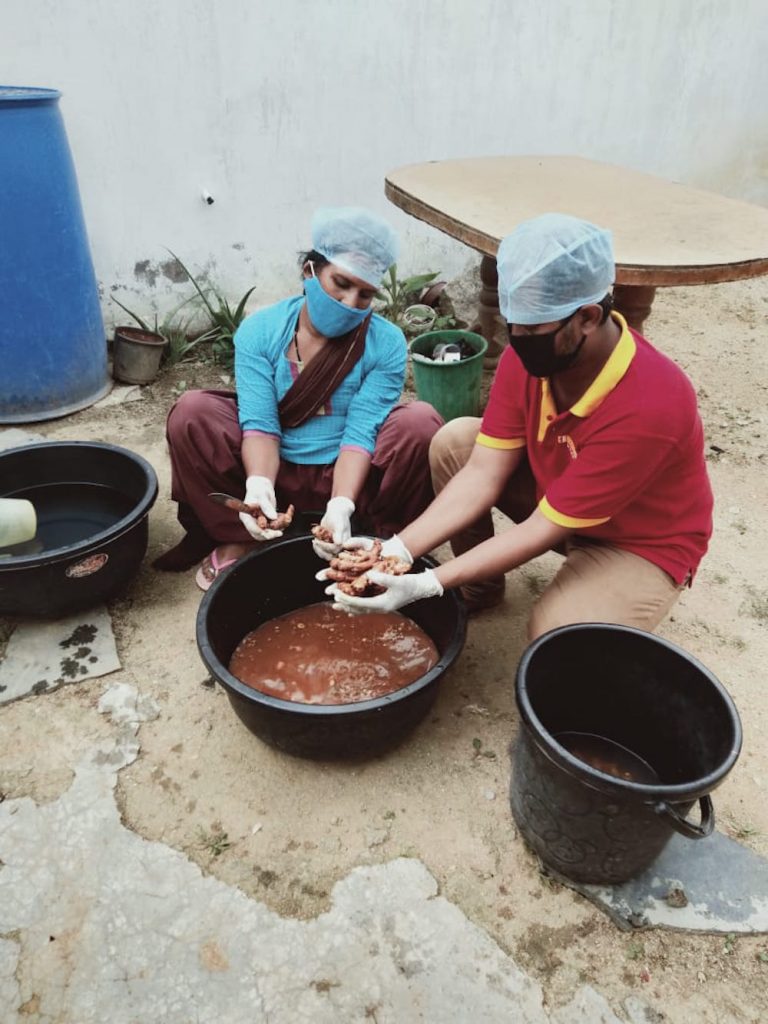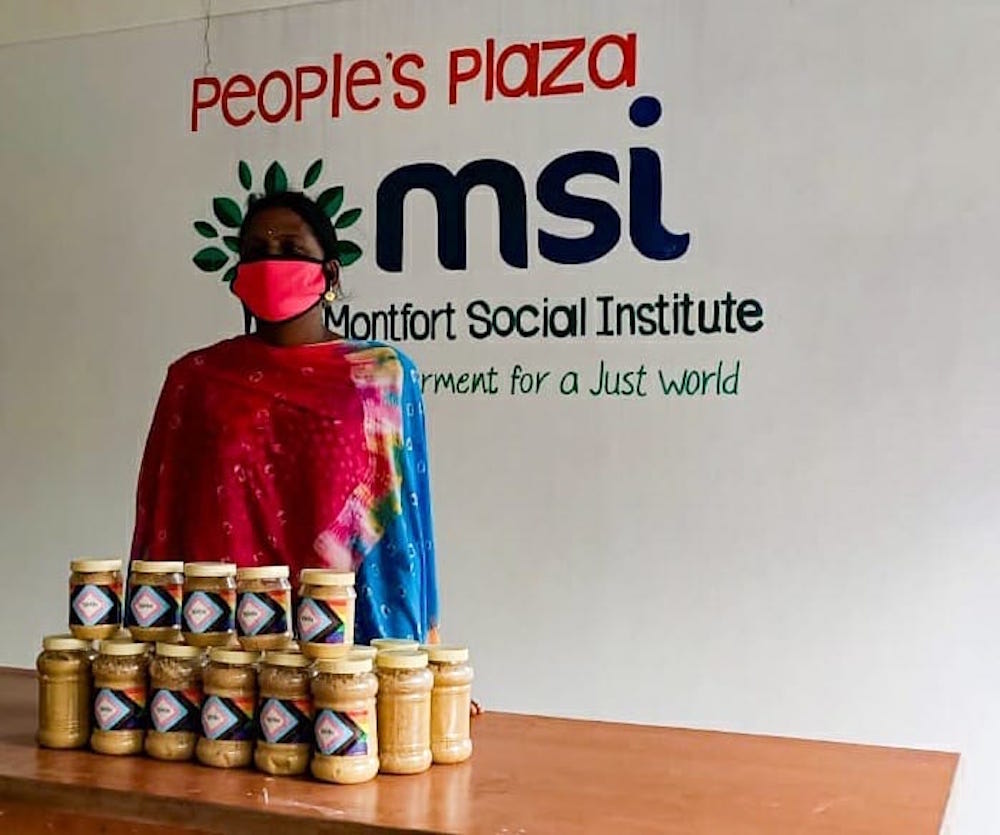The COVID-19 pandemic has not been easy for the transgender community in Hyderabad, the capital city of the southern Indian state of Telangana.
With their traditional modes of livelihood that included begging and sex work ending abruptly because of the pandemic, starvation and homelessness hit the community.
“Hunger and extreme poverty struck us badly. We did not have basic resources to survive. Even the aid provided by the government did not reach us as many of us do not have ‘aadhar’ cards or ration cards to classify us as the needy below the poverty line,” Meera Jasmine, a transwoman told LiCAS.news.
Aadhar is a 12-digit unique identity number issued by the Indian government based on the biometric data collected from citizens. In the Right to Privacy Judgment delivered in 2018 by the Supreme Court of India, the top court maintained that the government cannot deny a service to a resident who does not possess aadhar, as it is voluntary and not mandatory.
The court cited various grounds including privacy, surveillance, and exclusion from welfare benefits while rejecting the validity of aadhar. However, the central government as well as the state governments continued the linking of aadhar to a host of services including availing of welfare schemes meant for the marginalized.
“The main challenge is that although the Supreme Court declared transgender as the third gender, the government rolls and policies for the welfare of the community are not yet in place,” Rachana Mudraboyina, transgender said. “Many of us do not yet have a place in the records of the government.”
“I felt hopeless as the landlords threw our people out of homes as many of us could not afford to pay rent. Hunger pangs, cries for medicines, and basic resources for survival was distressful to watch. There was a heaviness in my heart if we would ever be accepted in society and treated equally. And, what should we do to live with some dignity and respect,” Jasmine said.

Considering the plights of the transgender community, Hyderabad based Montfort Social Institute launched livelihood projects by raising seed capital and boosting the members with confidence to enter into entrepreneurial businesses.
The community which earlier depended mainly on begging and sex work to earn their living has now launched a brand Quickles and ventured into the food market.
The home-based food processing unit located at Suraram operated by transgender members produces batches of over a hundred bottles of varieties of pickles made from seasonal vegetables and fruits and essential Indian kitchen ingredients like ginger garlic paste.
“For the first four months after the government announced lockdown to contain the spread of the COVID-19 pandemic, the members received food-aide in the form of dry ration from the generous support of the Montfort Social Institute,” Jasmine said.
“As many as 500 members living in the city limits and about 200 in the suburbs, we have been able to reach a total of around 700 members of the transgender community with the essentials, food grains, etc.,” director of Montfort Social Institute, Brother Varghese Theckanath said.
Inspired by St. Louis’s words, “those whom the world rejects must move you the most,” Brother Theckanath said that the institute felt the need to do something more for the transgender community to help them earn their living with dignity and respect.
“This COVID-19 phase has been the right time to encourage the transgender community to become self-sufficient,” he said. “We distributed tailoring machines among those skilled in the area and provided funding to establish a Quickles pickle manufacturing unit at Suraram. The home-based business operates in groups and the transgender members look after the production and sales all by themselves.”
Jasmine said that they are producing the best quality pickles while maintaining the safety and hygienic standards without adding any extra artificial colours or flavours. “The quality is our strength and we do not want to compromise on it and hope to reach a wider range of buyers in the market soon,” Jasmine added.
“Within about two months of our launch, we passed the food license tests and now we are waiting to get the barcodes and labels,” Jasmine said adding, “In the future, we want to launch more varieties of food products such as papads, ground kitchen ingredients maintaining the same quality standards.”

The 11-year-old Montfort Social Institute has been actively working among the transgender community for the past year. Its parent project Montfort Rainbows was launched in October 2019.
“Montfort Social Institute is one of the very first organizations from the Catholic Church to come forward to extend support to the transgender community to lift them from poverty. The World Council of Churches have long been working with them,” Brother Theckanath added.
“There are a total of about 3,000 transgender population living in the Hyderabad city limits and we hope to create a network of them and help them protect from the dangers associated with their health and mental wellness from their routine jobs and help them establish sustainable businesses,” he said.






